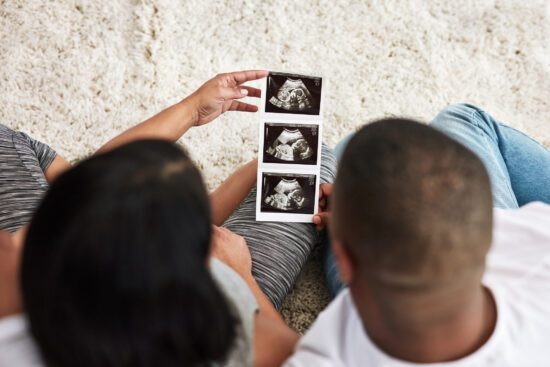Daniel Patterson: Welcome back to the Questions and Ethics program with Russell Moore. I’m Daniel Patterson, and Dr. Moore, today we have a question from a listener who sent in and said, “I’m engaged. We are an interracial couple, but we are dealing with parents who disagree strongly with our engagement.” How would you counsel them to deal with a situation like that?
Russell Moore: Well, I mean the first question that I would have is do they disagree with the engagement because they are an interracial couple? It may be that—I mean that question could mean that they disagree with the engagement for other reasons, and you would want to say what are those reasons? So, if the parents are saying we disagree with this marriage because we don’t think that the person you are marrying is of good character, well, you ought to take that into consideration. If the parents are saying we disagree with this engagement because you are not willing or capable to support yourselves. We don’t trust that. Well, then that is something to take into consideration.
But if their objection is because you are interracial—which is what I’m assuming is the case—then the way I would handle that is first of all to recognize your parents are wrong in this. And the people who would object to an interracial marriage on the basis of Bible verses are misinterpreting the Bible verses to the point of textual harassment. The scripture never forbids interracial marriage. What the scripture forbids are the Israelites marrying the foreign women of the Canaanites because of the pull into idolatry. That is not what is happening in an interracial marriage. The equivalent is marrying outside of the faith.
And the same thing is true when we look at what the scripture speaks about this—we have Moses, a Semitic man, marrying a Cushite woman. And the problem in the scripture is with Miriam when she starts murmuring against, and the people who start murmuring against Moses for that sort of marriage. The problem is not with Moses.
So, your parents are in the wrong on this if they are using Bible verses in that way.
They are also wrong if they are using that old chestnut of an argument well, it’s going to be really difficult for you and really difficult for the children. You have parents who are making things difficult on you. They are using bigotry in order to keep you away from bigotry. That’s a nonsensical sort of an argument.
I think the way that you need to handle this is you have two conflicting principles here—honor father and mother, and leave father and mother and cleave to one another and become one flesh. Now, honor father and mother is not unlimited. That does not mean unlimited submission to parental authority for the rest of your life, obviously. Scripture speaks in strikingly different terms from that. And so the leaving the father and mother in this case is going to mean saying to your parents I am disappointed in you that you have this bigoted view toward my future husband or wife simply because of ethnicity. And if your parents or parents-in-law are Christians, I think it’s a good opportunity to call them to repentance on that and talk about the sort of carnal divisions that they are making that are not made in scripture.
And then you have to say, if this is the person that God has given to you and this is someone who meets all of the other qualifications for marriage, then I think you need to say this is our family, Mom and Dad. And so, if you have a problem with her or you have a problem with him, then you have a problem with me.
Now, this happens often in interracial marriages. It happens often in—I’ve seen it happen often in interracial adoptions. And sometimes you have parents who are so steeped in their bigotry that they never come out of it. And in that case that’s a sad reality that you are going to have to be willing to contemplate. But often I have seen parents who because of the presence of this marriage or this child or from the marriage these grandchildren who come about, they have hearts that are softened and they turn around. They do repent. And we have to give people room to repent of sinful attitudes and sinful expressions.
And so, you can firmly talk to your parents and say we are going to marry. We want you to be supportive of this, but if you are not, then you need to know that that is because of a spirit of hatred in your own heart. And we are here and we are ready to receive you back whenever you want to come back. But say that firmly, but say that graciously and with a spirit of expectation that the Lord can turn that around. That would be how I think you ought to handle that.
Patterson: Thanks for joining the Questions and Ethics program. If you have a question you’d like Dr. Moore to answer, email it to [email protected]. Join us next time when we help you apply the gospel to the pressing issues of the day.







